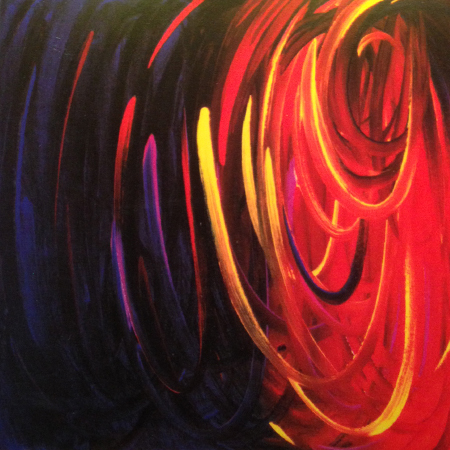Conflicted Relationships
The relationship you had with the person who died is of utmost importance with regard to the grief reaction you experience. The grief resulting from a death occurring within the context of a loving, healthy, up-to-date relationship is generally straightforward. Who and what has been lost is precious and dear, acknowledged and understood, and there is no significant backlog of resentment, complaints, or “unfinished business”. The sadness, longing, emptiness, joy, and whatever else characterizes the grief can unfold without guilt, regret, and other feelings presenting major obstacles.
Relationships in which conflict occurred, or in which you or others devalued the relationship are more likely to lead to a complicated bereavement period. When ambivalence, destructiveness, or estrangement characterizes the relationship, the reaction to what has been lost is often one of mixed feelings too. When conflict or abuse was elemental in the relationship, internal conflict is more common to the grief reaction associated with the loss.
Physical, sexual, psychological, and verbal abuse are damaging to people and relationships. The grief following a loss in which these circumstances existed is often difficult to acknowledge and understand. It is not so straightforward, and there is usually a substantial amount of outstanding complaints, resentment, anger, guilt, regrets, missed apologies and amends, and a whole host of other “unfinished business”. In these circumstances there is a great deal to sort out. Shame often presents as a primary deterrent to facing the truth about what is now a completed relationship with the person who died.
The painful mix of feelings that arise in the aftermath of conflict-laden relationships often paralyzes the grief, if not the griever. The grief is so unlike that of healthy relationships and what society might be expecting that you may not know how to mourn or where to turn for support. Friends and others may not understand why you are reacting as you are, and privacy and shame may inhibit you from disclosing details of the relationship to make yourself more understood. Support groups often don’t allow for the time needed to work through the complications caused by conflicted relationships, and again, privacy, shame, and lack of trust may be effective barriers to disclosing the truth. Often much more time is needed to think and talk about the relationship. A safe person, often a professional therapist, to share the details of what happened and to experience the range of feelings associated with the person who died and his or her death is needed.
Relationships devalued by your family or social group, or by our society also precipitate complicated grief. Same gender partners, unmarried partners, secret relationships, secondary or further removed blood relatives, estranged relatives, and male friendships are examples of the many relationships that are undervalued, or even scorned, in our society. In some instances the deceased, survivor, and the relationship may be viewed as disgraceful. The lack of acknowledgment for the significance of the loss, and the cruel stigmatizing that can occur diminishes the opportunity to mourn and the availability of support for the bereaved.
Societal attitudes can be so powerful that even the person suffering the loss may devalue the relationship, and thus delegitimize the grief. Isolation, alienation, and confusion are likely complications to grief in the context of devalued relationships. Shame, fear, isolation, alienation, and confusion along with the absence of acknowledgment, validation, support, and the opportunity to openly grieve and mourn can cause grief to stagnate.
It is important to realize and remember that a loving, healthy, socially, and legally sanctioned relationship is not the criteria for grief. Grief is the natural result from the loss of someone or something significant to you. You must do your best to honestly weigh the importance to you of who or what you have lost, and allow for the natural, individual grief reaction that arises. If conflict, devaluation, or both are elements of the relationship you shared with the person who has died, then professional help may be needed. Professional grief therapy and a grief support group can greatly enhance your understanding of the grief reaction and add the support you are lacking. Expert help can diminish your suffering and risk of harm, and facilitate your healthy progression through this difficult and painful time of grief.
